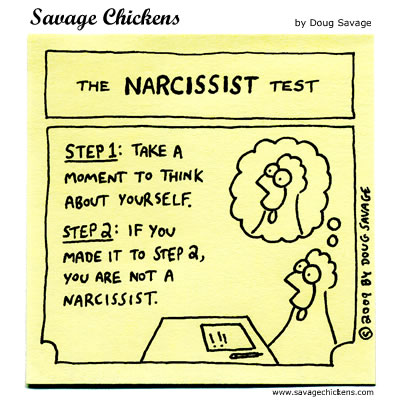Things are rough in the Brenner household lately. Duncan’s ADHD is running hot, and so is my OCD. The resulting FUBARs are probably entertaining to the outsider, but it’s quite possible that Erin and Sean are ready to kill us.
The back-to-school grind is great in that the kids needed to get back to their routine. But by the time Duncan gets home he’s fried. Not good when there’s homework to do. He can’t focus, and we need to stand over him so he’ll do the homework. When I’m in OCD mode that’s not easy, because all I can think of are the chores that need to get done.
Duncan has also developed something of a persecution complex. If Sean or one of the neighborhood kids don’t want to do what he wants to do, they’re out to get him as far as he’s concerned. With other kids in general, he’ll inevitably find something to get indignant about.
Meanwhile, I’ve had a lot on my mind lately. Nothing awful, just the everyday challenges of life. The problem here is that I go into a zone where I can’t hear what people are telling me and I leave things lying around the house.
I wouldn’t describe these things as bad. It’s just stuff Duncan and I need to keep working on. We’re both still a lot better than we were a couple years ago.
I am starting to think the two of us would benefit from a trail of post-it notes. When I start going into a chore frenzy, a few well-placed post-it notes telling me to focus back on Duncan might do the trick. For Duncan, a trail of notes reminding him to change his clothes, do his homework and stop punching his brother might work.
Or not.
When I lose patience with Duncan, four words ring in my head: “You of all people.”
I of all people should be patient with Duncan. I was a problem child on a much deeper, darker magnitude than him. He’s a good boy. I should be a lot calmer when he has his meltdowns and gets uncooperative. Because I’ve been in his shoes. And yet I’m not patient with him at all.
I’ll just have to keep working hard at it.
Because he’s a beautiful kid, and he deserves that from me.

.jpg)







